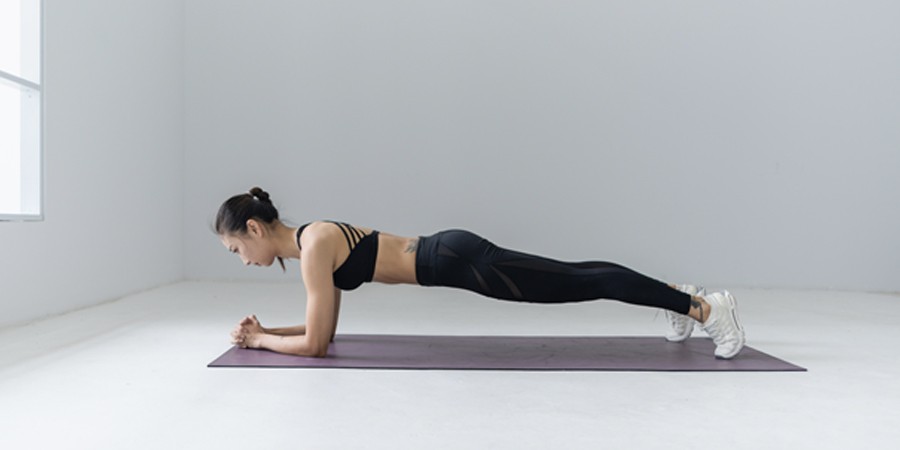There are many benefits when it comes to exercising, including better sleep. It has long been known that long-term insomniacs are helped by exercise, due to a number of reasons. One of the most obvious is because when your body is properly tired after a workout, it is easier to fall asleep. Additionally, exercise has been proven to boost your mood and mental health — reducing things like anxiety and depression, which are known factors that can prohibit restful sleep at night.
Sleeping also helps improve your performance as you exercise, since your body works to repair and build muscle, improve cognitive function, and muscle memory as you sleep. In this article we’ll go over how sleep and exercising are closely related, and how you need one to do the other.
Why Sleep is So Important
An average person needs about 7 to 9 hours of sleep every night. For an athlete or someone in consistent fitness training, you may need more. Just as those who are more physically active take up more calories than most people, they need extra hours of sleep to endure their rigorous routine. Lack of adequate sleep not only leaves you tired and feeling gloomy but also significantly affects your body’s performance, such as the ability to repair itself naturally.
Sleep and Exercise
Sleep plays a vital role in exercise as it improves reaction times, motor function, focus, muscle recovery, glucose metabolism and injury prevention. For serious athletes who want to perform their best, sleep is imperative to achieving fitness and performance goals. In addition, both sleep and exercise stimulate human growth hormone secretion. HGH has an important role not only in growth but in repair and maintenance of bones, muscles and collagen.
We also know that those who suffer from sleeplessness are able to sleep better at night after exercising, since your body is physically tired and mind feels more at ease. So how often should you exercise to improve your sleep patterns? The National Institutes of Health and the American Heart Association recommend at least 150 minutes of exercise a week for healthy adults—that’s 30 minutes a day, five days a week. Studies indicate that sleep may receive some of its most significant benefits from exercise that is consistent and routine over time, especially for people who experience difficulty sleeping.
Tips for Getting Good Sleep after a Workout
While it has been shown exercise helps sleep and vice versa, the time you do it may be important. According to the National Sleep Foundation, “People who work out on a treadmill at 7:00 a.m. sleep longer, experience deeper sleep cycles, and spend 75 percent more time in the most reparative stages of slumber than those who exercise at later times that day.”
However, if you’re not a morning person, nighttime workouts are just fine; however for many it is better not to do it too close to bedtime since too much exercise can actually over-stimulate both body and mind. A three-hour space between a workout and bed is recommended.
Exercising may also make you hungry afterwards, so make sure you are not eating too close to bedtime, since digesting food prohibits the body from winding down at night.
Conclusion
Sleep is of the utmost importance, but it is often ignored in our overall health plan. How you sleep will have an effect in every area of your life: memory, the ability to learn new tasks, concentration, and so on.
Sleep is ultimately linked to your performance in all things, and exercise is one way to get great sleep. So, make sure you are making both sleep and exercise a priority as they are mutually beneficial to each other.
Contributed by Christine Huegel








